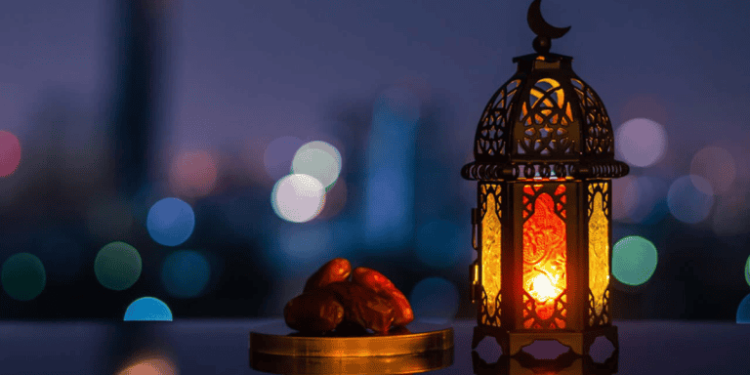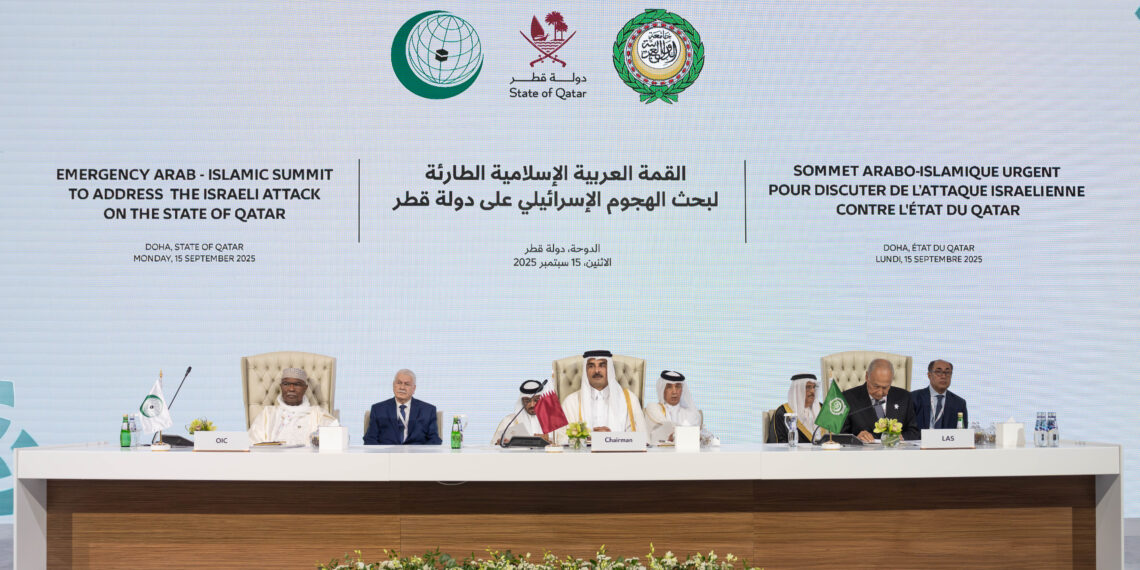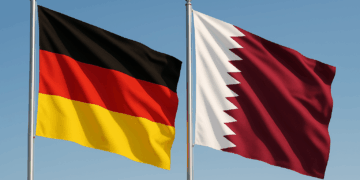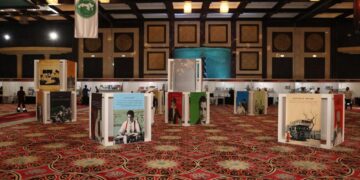With the arrival of the blessed month of Ramadan in 2025, Arab countries celebrate with unique spiritual and cultural atmospheres that reflect the diversity of traditions and customs in the region, where the cultural aspect is evident in celebrations that blend deep-rooted heritage with modernity. Ramadan began this year on March 1st, and Arab countries witnessed significant engagement in cultural activities that enhance social cohesion and enrich the experience of the holy month.
Qatar, during Ramadan 2025, hosts a diverse array of cultural events that reflect its rich heritage and the spirit of the holy month. These events include the second edition of the “Eat First” festival in the Old Mina district, reviving Qatari heritage through traditional foods, folk games, storytelling performances, and puppet theater. Qatar Museums also organizes distinctive events, such as a Ramadan night at the Arab Museum of Modern Art and interactive workshops at the Museum of Islamic Art focusing on Islamic sciences and arts. Additionally, activities in Msheireb and Souq Waqif combine tradition and modernity, with special children’s events like “Dadu and Our Country,” featuring workshops and storytelling sessions with Ramadan themes, fostering community connection and enriching the cultural experience.
In Saudi Arabia, the historic Al-Jadidah district in Jeddah welcomed over one million visitors during the first week of Ramadan, becoming a key destination for cultural tourism. The Al-Jadidah Historic District Program organized Ramadan season events that combined historical architecture, traditional markets, and cultural activities, offering visitors an immersive experience reflecting Saudi heritage. Mecca also saw significant attendance at cultural exhibitions, including a multilingual exhibit on the history of the Holy Kaaba, which showcased its construction stages through interactive screens and visual displays. Authorities launched the “Nusuk” app to facilitate pilgrims’ experiences, providing guidance services in multiple languages, enhancing both worship and exploration of Islamic heritage.
In the UAE, Abu Dhabi hosted distinctive cultural events during Ramadan 2025, with the Heritage Foundation at Al Hosn organizing “Ramadan at Al Hosn” from March 8 to 23, featuring Ramadan gatherings, craft markets, and cultural workshops. The Cultural Foundation also held dialogue sessions on the language of the Quran and ancient Arab beliefs, with participation from experts like Dr. Nizar Qabilan and Reem Al-Kamali. At Manarat Al Saadiyat, “Ramadan Arcade” returned from March 15 to 25, offering a mix of games, artistic performances, and creative workshops, attracting families and youth. Dubai saw enthusiasm for abstract Arabic calligraphy workshops led by artist Diaa Allam and abstract architectural drawing workshops led by Asmaa Balhamar, fostering cultural and creative engagement.
In Egypt, Ramadan markets saw significant attendance, with Cairo’s streets adorned with decorations and traditional lanterns, creating a festive atmosphere. The Ministry of Culture organized poetry and music evenings at the Cairo Opera House, featuring local poets and artists, strengthening cultural connections across generations. Alexandria hosted cultural events at the Bibliotheca Alexandrina, including art exhibitions and dialogue sessions on Egyptian heritage, attracting visitors of all ages.
In Jordan, Amman witnessed cultural events focused on folk heritage, with Ramadan gatherings held in traditional neighborhoods featuring storytelling and the distribution of traditional sweets. The Ministry of Culture organized art exhibitions and workshops teaching traditional arts, enhancing community engagement. Petra saw nighttime events, including light shows reflecting the city’s history, attracting local and international tourists.
In Morocco, cities like Rabat and Fez saw enthusiasm for Ramadan markets offering traditional dishes like harira and chebakia. The Ministry of Endowments organized religious and cultural evenings in historic mosques, including Quran recitations and dialogue sessions on Islamic heritage. Marrakech hosted artistic events at Jemaa el-Fnaa square, featuring musical and artistic performances reflecting Morocco’s cultural diversity.
Ramadan 2025 in Arab countries is not merely a month of worship but a rich cultural experience blending heritage and modernity. The region witnessed diverse events that strengthen social ties and enrich cultural identity. From Qatar to Morocco, these celebrations demonstrated Arab countries’ commitment to preserving their heritage and fostering community bonds, reflecting a vision for a future that combines authenticity and progress.







